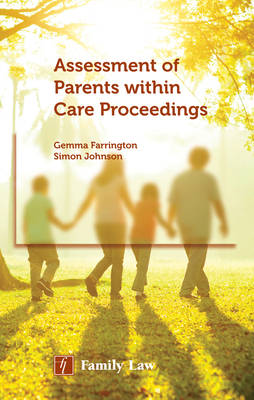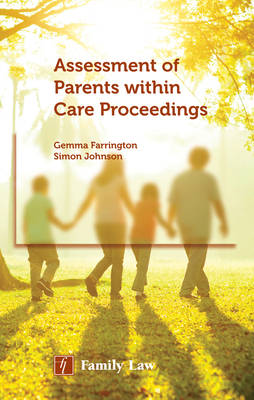
- Afhalen na 1 uur in een winkel met voorraad
- Gratis thuislevering in België vanaf € 30
- Ruim aanbod met 7 miljoen producten
- Afhalen na 1 uur in een winkel met voorraad
- Gratis thuislevering in België vanaf € 30
- Ruim aanbod met 7 miljoen producten
Zoeken
€ 110,45
+ 220 punten
Omschrijving
This title considers the law and practice in relation to applications made within care proceedings for the assessment of children and families. The main focus is on applications for orders pursuant to Children Act 1989, s 38(6) but other types of assessment are also examined.
Specificaties
Betrokkenen
- Auteur(s):
- Uitgeverij:
Inhoud
- Aantal bladzijden:
- 336
Eigenschappen
- Productcode (EAN):
- 9781846618758
- Verschijningsdatum:
- 10/03/2014
- Uitvoering:
- Paperback
- Afmetingen:
- 157 mm x 245 mm
- Gewicht:
- 540 g

Alleen bij Standaard Boekhandel
+ 220 punten op je klantenkaart van Standaard Boekhandel
Beoordelingen
We publiceren alleen reviews die voldoen aan de voorwaarden voor reviews. Bekijk onze voorwaarden voor reviews.











